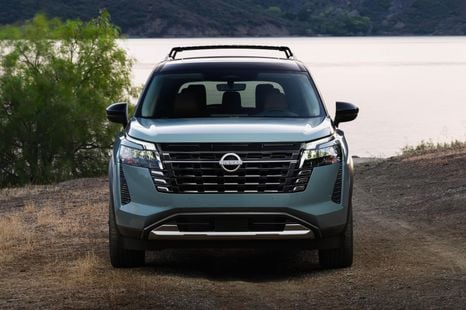

Damion Smy
Nissan previews four new off-road SUVs and a ute, including Ranger and Prado rivals – report
3 Days Ago

Senior Contributor
The Ineos Grenadier 4×4 will hit Australian trails from late 2022 with BMW petrol and diesel engine options, but a zero-emissions alternative is in development.
While not being opposed to battery electric vehicles, the company argues that fuel-cell vehicles are better for the Grenadier’s intended applications: hard work off the beaten path.
“We believe that hydrogen is the fuel of the future and Ineos is determined to take a leading role in its development. When used in a fuel cell, hydrogen only produces water and is the UK’s best chance of reaching its carbon reduction targets,” wrote company owner Jim Ratcliffe.
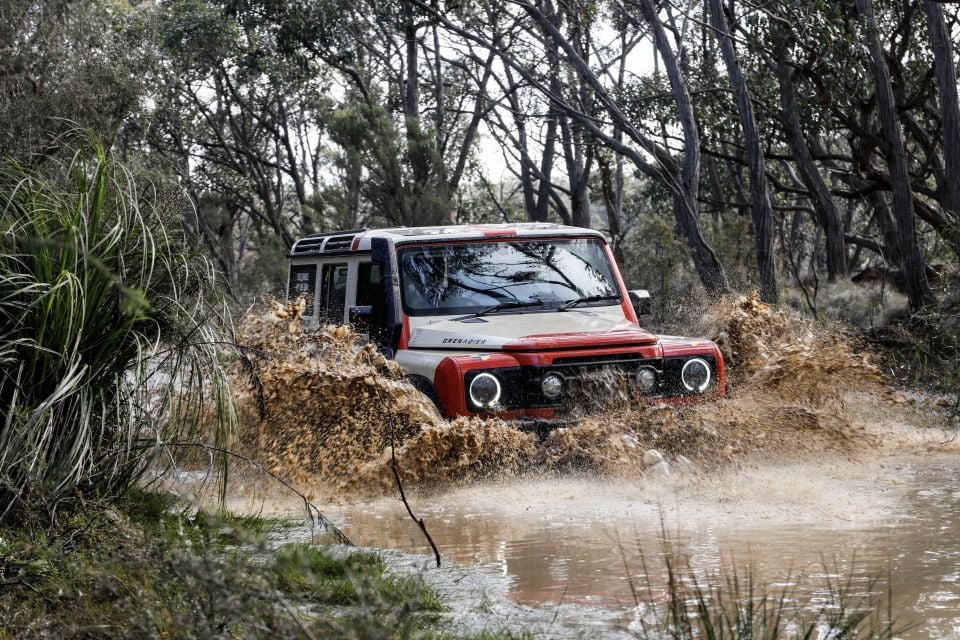
“… Electric cars are ideal for city centres and short journeys. But hydrogen is much better for longer journeys and heavier loads and that requires immediate investment in hydrogen distribution and hydrogen filling stations.
“… The issue is that industry can only do so much, and the UK government must start to invest in the development of our hydrogen infrastructure to allow the gas to be much more widely used. At the moment, we are massively lagging behind Europe and the gap is starting to grow.”
Now, a degree of self-interest must be taken into account. The Ineos Automotive division has an advantage, because its parent company is a massive chemicals company already involved in isolating and storing hydrogen as a fuel source.
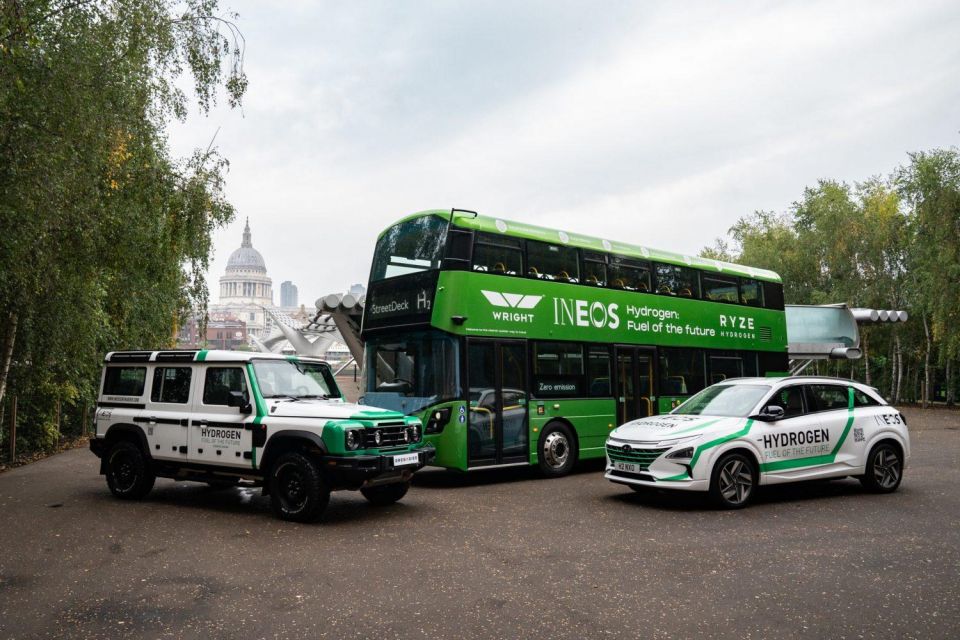
In fact Ineos claims to be Europe’s largest existing operator of electrolysis, the process by which renewable electricity is sent through water to create H2.
It makes 400,000 tonnes of “low carbon” hydrogen annually, equivalent to replacing two million litres of diesel.
As well as wind- and solar-generated green hydrogen via electrolysis, Ineos is also investing more in scaling so-called ‘blue hydrogen’ when the carbon produced can be captured and stored underground.
“Ineos Automotive is also exploring new opportunities in the hydrogen economy, with a hydrogen fuel cell demonstrator of its Grenadier 4×4 now in development,” the company added in a press release.
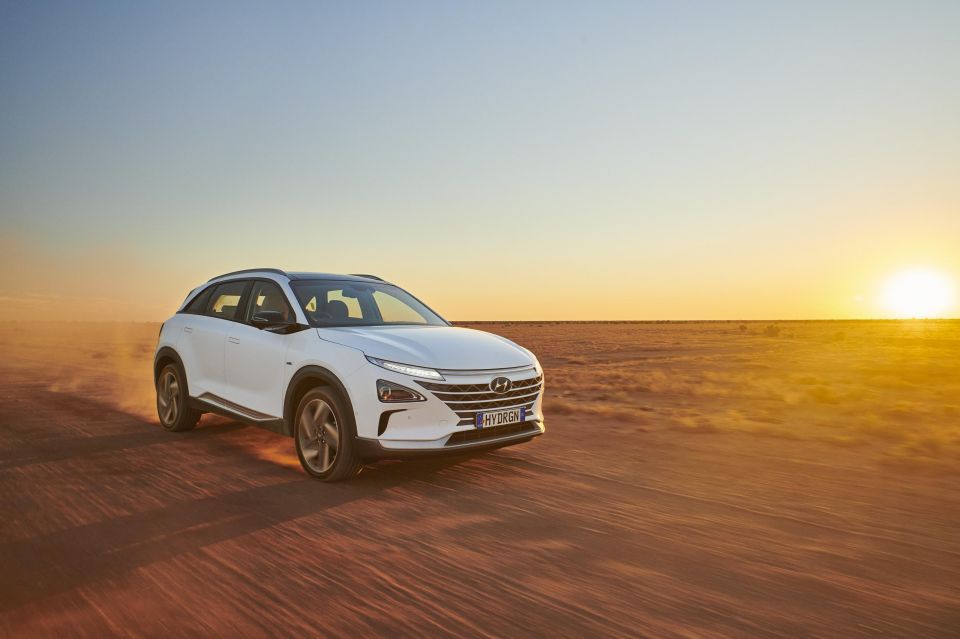
Unlike battery electric vehicles that store their charge, hydrogen fuel-cell EVs mix tanked hydrogen (around 5kg onboard usually) with air, and use energy generated from the chemical reaction to spin motors. The sole byproduct is water (hydrogen plus oxygen equals H20).
The issues with FCEVs are energy losses when using power to generate hydrogen, and the complex filling infrastructure required.
The upside is far greater energy output per kilogram next to heavy EVs, and quick refills without any issues around battery degradation.
While Hyundai, Toyota, Renault and BMW among others are investing billions in fuel-cell vehicles to complement BEVs, other companies such as Tesla and Volkswagen have rubbished the tech as inferior because energy-efficient batteries will become lighter and denser.
As revealed late last year, Ineos and FCEV leader Hyundai have signed a memorandum of understanding to “explore together new opportunities in the hydrogen economy”.
Hyundai is preparing to significantly scale-up its hydrogen fuel-cell system production with a billion-dollar investment announced this month.
Tier one supplier Hyundai Mobis, part of the wider Hyundai-Kia group as detailed here, is building two new plants intended to be operational by 2023.
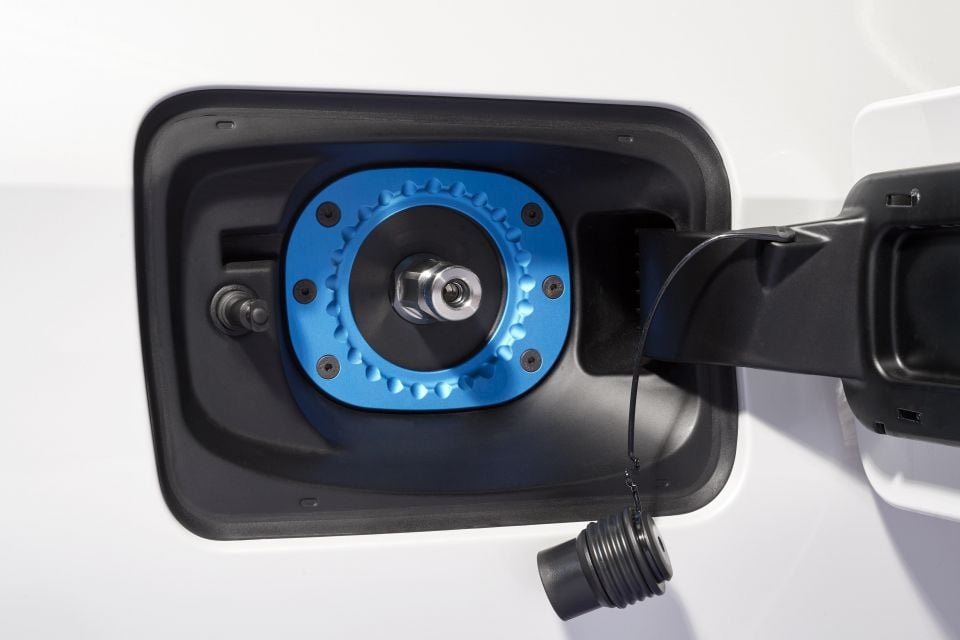
The project cost is $US1.1b ($A1.5b) and the annual production target is 100,000 hydrogen fuel-cells. Hyundai aims for fuel-cell electric vehicles (FCEVs) and battery-electric vehicles (BEVs) to have something near cost parity by 2030.
Selling a few thousand fuel-cell drivetrains to Ineos would give it handy scale…
Want to know all about the Ineos Grenadier? Check out some links below!
MORE: Ineos Grenadier prototype hits Australian bushland MORE: How’s the Ineos Grenadier development tracking? MORE: Ineos plans to support independent mechanics and the 4×4 aftermarket MORE: Ineos Grenadier in Australia next year from $84,500
Go deeper on the cars in our Showroom, compare your options, or see what a great deal looks like with help from our New Car Specialists.


Damion Smy
3 Days Ago
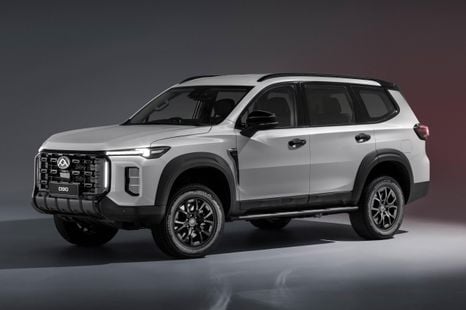

Damion Smy
6 Days Ago
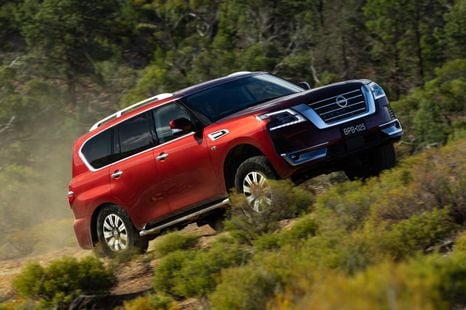

Damion Smy
6 Days Ago
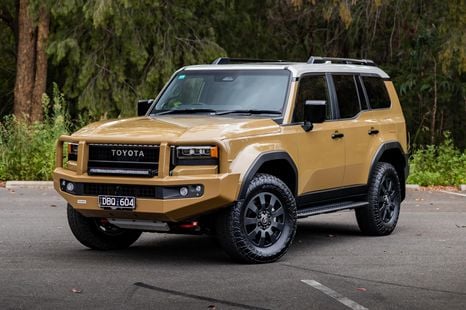

Damion Smy
6 Days Ago
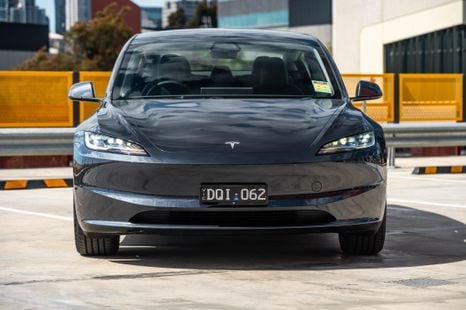

Josh Nevett
8 Days Ago
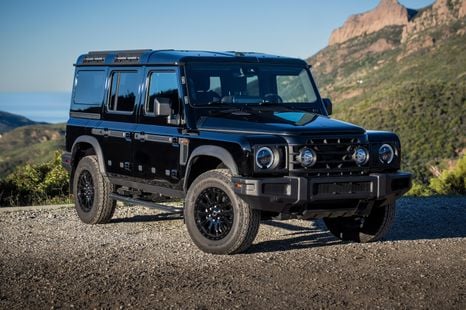

Damion Smy
10 Days Ago